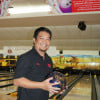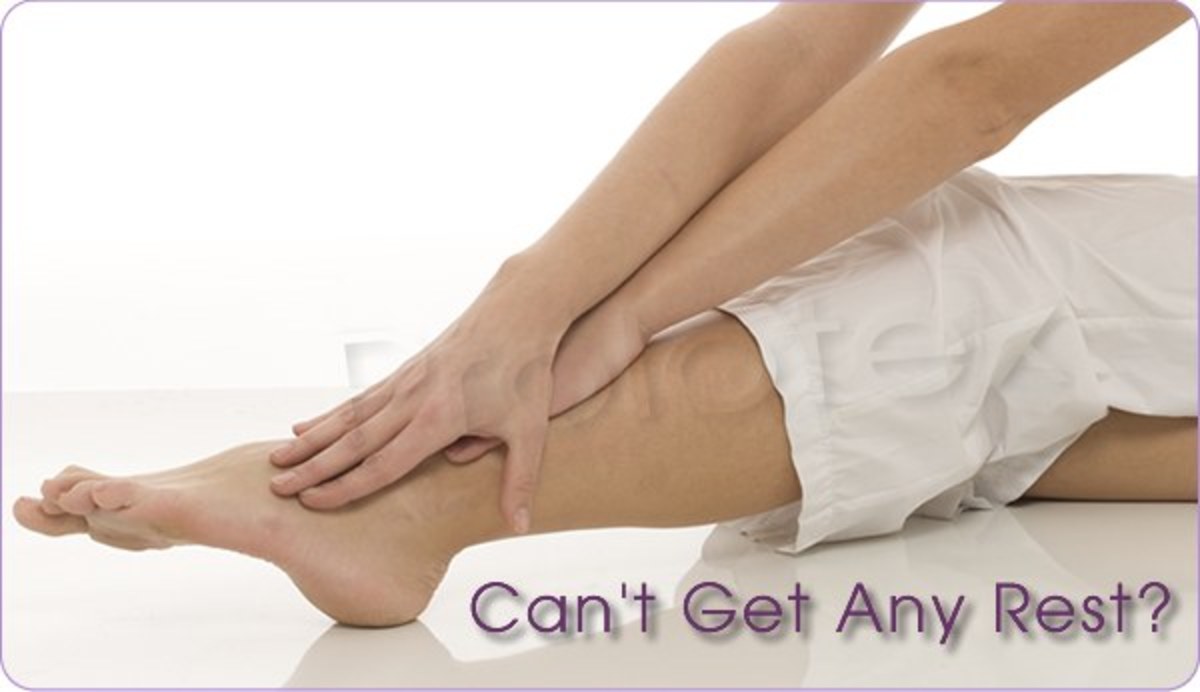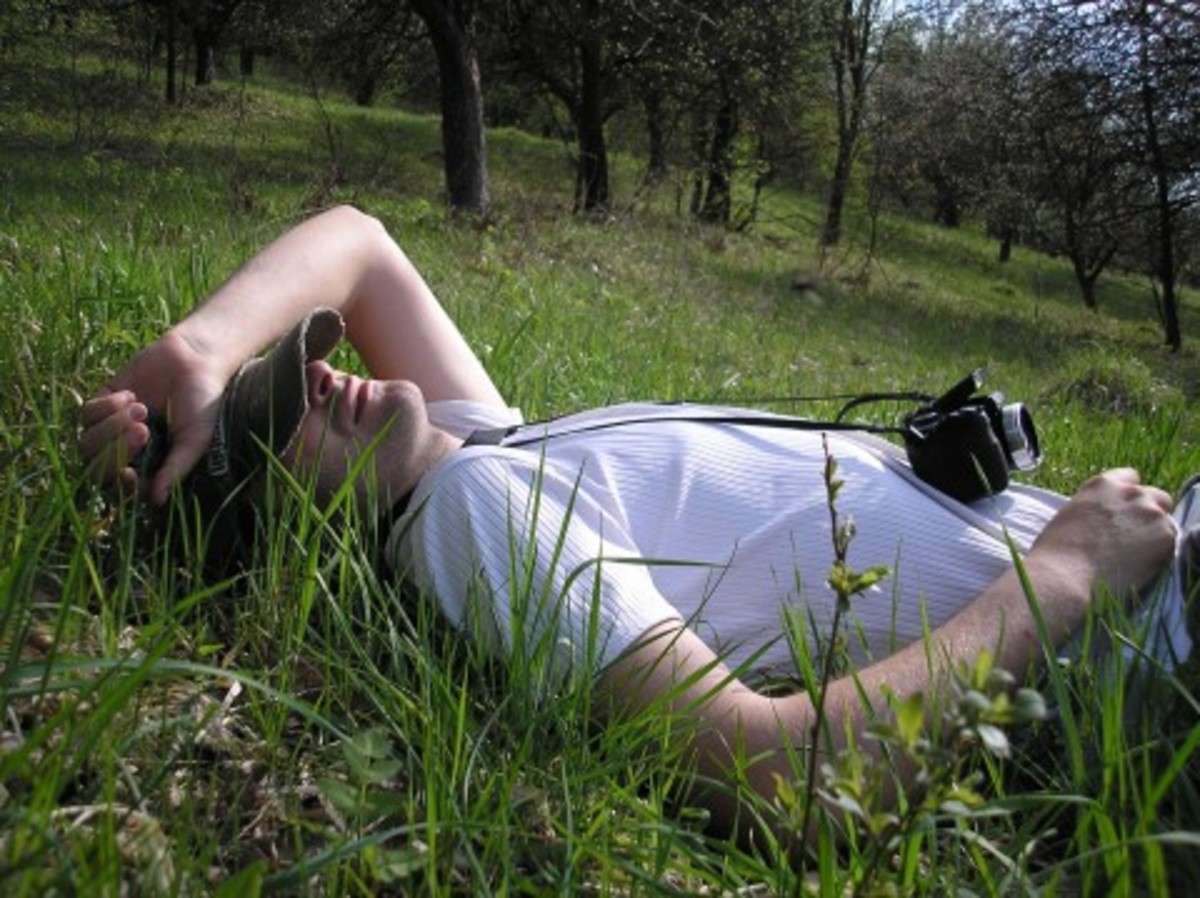- HubPages»
- Health»
- Personal Health Information & Self-Help»
- Self-Help for Sleep Issues & Sleeplessness
Natural Ways To Treat Excessive Daytime Sleepiness (EDS)
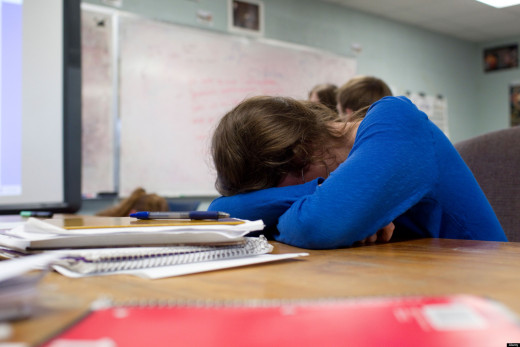
Sleep attack causes
One of the biggest factors that cause excessive sleepiness among Americans is self-enforced sleep deprivation. In the U.S. and other places around the world, sleep problems may arise due to economic or societal stresses. People may hold back on sleep in expectation of getting more jobs completed, and extensive use of technological innovation can potentially make busy (computers, cell phones etc.) night and day. According to statistics, people today reduced their sleeping-time approximately 20% less than a century ago.
People working at night and spend the whole day sleeping can develop excessive sleepiness. Some people can easily adjust to this kind of a schedule. However, other people may not be able to handle the body’s natural pattern to be awake during the day and sleeping at night. A comparable reality occurs with jet lag, wherein the body is not in accord with the environment. Generally, jet lag problem increases with the number of time zones crossed. That is, a person traveling from Hong Kong to New York is definitely more likely to encounter a jet lag than someone flying from Dallas to New York.
Excessive sleeping is primarily associated with several major sleep disorders or somnipahty which includes: sleep-disordered breathing, and sleep apnea. Due to the fact that sleep-disordered breathing can lead to persistent sleeping disruptions, it can result to drowsiness during waking hours whether you well-rested at night.
Insomnia is also a primary cause of daytime sleepiness. Insomnia signs normally include trouble falling asleep, difficulty staying asleep, or getting out of bed still exhausted along with daytime distortions such as excessive sleepiness, mental deficits (concentration/memory problems), lethargy, and irritation.
Narcolepsy is a chronic neurological disorder marked by crippling our ability to sleep. Many patients start to encounter symptoms in their teenage years or in their 20's, but symptoms can occur in younger children or adults. Narcolepsy is also identified with insomnia, quick sleep bouts, cataplexy (unexpected muscular fatigue), delusions, and sleep paralysis.
Restless legs syndrome is a neurological disorder indicated by painful feelings in the legs and a strong impulse to move them. People who are afflicted by restless legs syndrome may confuse the condition for insomnia considering that restless legs syndrome symptoms are often more serious at night, causing insomnia and over-sleepiness throughout the day.
The good thing is that all these sleep disorders can be easily checked and effectively treated. For people with sleeping problems and/or feeling you may have a sleep disorder, consult your doctor about the condition immediately.
Daytime sleepiness is often brought about by a range of physical and mental causes not to mention some medications. If you are suffering from an illness and always dozy, consult your doctor regarding the problem. Often, properly addressing the problem may relieve hypersomnia.
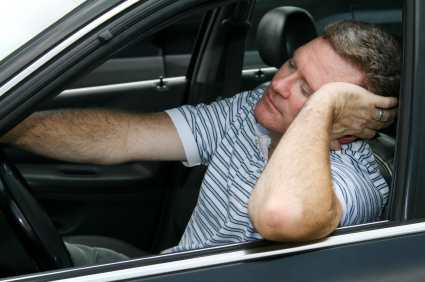
How to beat excessive daytime sleepiness?
A lot of people have days when they feel extremely sleepy. However for some people, this condition pretty much gets in the way of daily work, babysitting, and even while resting. This is called hypersomnia, excessive sleepiness that causes people want to snooze repeatedly, even at work.
Surprisingly, the issue of daytime sleepiness normally starts during the night. Missing a few nights of sleep, or not getting enough restful sleep, can totally make you lazy and out of mood.
Bad sleeping habits are usually the reason behind excessive daytime sleepiness. Before going through another whirling and hazy day, consider these tips on how to improve nighttime sleep and avoid to be in the arms of Morpheus.
Get enough sleep at night
It is obvious that most of us don’t care for a one or two hour sleep-shortage because we have other things to do. Most adults required seven to nine hours of uninterrupted sleep at night, and young people normally need a full nine hours. Always secure an eight or nine hours of sleep every night.
Avoid potential sleep distractions
Always keep your bed for sleep and sexual purposes. It would help you better if you will stop reading in bed, watch news or something horrible on TV, playing video games, or having a laptop computer in your bed. Try not to put your bills beside your bed or start a heated discussion. All these interference will give you a total burden during daytime.
Set a regular wake-up time
Those who have trouble sleeping at night are usually advised to go to sleep and wake up at the same time regularly, which includes the weekends. However, randomly choosing the right sleeping time may end up in additional problems if you have insomnia and already suffered some sleep troubles in the past.
Adopt an early bedtime routine
One more way of setting up a regular schedule is to sleep 15 minutes earlier every night for five nights. Then continue with the last bedtime. Gradually adapting a schedule similar to this works better than promptly aiming to sleep an hour early.
Arranged timely and balanced mealtimes
Consuming meals at the right time, improve our circadian rhythms. Eat a nutritious breakfast and lunch regularly instead of getting a small bread and coffee each morning or a late sandwich - also reduces energy deficits throughout the day that will worsen your sleepiness. Make it a habit to finish your meals 2 to 3 hours before going to sleep.
Regular exercise
Regular exercise for around thirty minutes daily will have positive effects in your sleeping experience. Exercise, particularly cardio-exercise, helps easier to fall asleep and sleep more deeply.
Additionally, exercise provides you with more daytime energy and maintains your mind sharp. Outdoor exercise will give you more benefits. Sleep specialists recommend half an hour of exposure to sunlight daily helps normalize our sleep routines.
Have a flexible schedule
If you can't commit a seven or eight hours of sleep, maybe you might want to re-adjust your schedules. Move some schedules from evening to much earlier time or do it early in the morning. Make an effort to remove things that aren't very important. Getting sufficient sleep each night can help your daily performance and finish other remaining work activities with ease.
If you're just tired don't immediately go to bed
Going to be bed right away because you're feeling tired will not help you fall asleep. There's a big difference between being sleepy and being tired. Feel your body and go to sleep when you’re feeling sleepy - your yawning excessively, eyes are heavy, you’re drowsy, you feel like you’re nodding off. The feeling is totally different from common exhaustion.
Avoid late afternoon nap
Try not to shut your eye in the afternoon. It makes daytime sleepiness more frustrating as this can affect nighttime sleep.
Practice a soothing relaxation
Relaxing your mind and body before going to bed can make sleeping easy - especially if you had a very demanding day at work, which will make it difficult for you to fall asleep. Try meditation techniques, relaxing in a hot bath with essentials oils, enjoying soothing music, or reading a book. Drink herbal tea or warm milk can release muscle pressure, but avoid drinking these if they make you wake at night.
Don't drink alcohol before bed
Most people often believe alcohol helps them sleep more soundly, but it actually prevents you to have a deep, restorative sleep, which is essential to have a well-rested body and mind. Once the effects of alcohol subside in the evening, you’ll likely be restless again.
Consult a sleep specialist
Excessive daytime sleeping (EDS) is often related to sleep disorders. In case you are yawning persistently the whole day even you had a well-rested night or if you suddenly fall asleep with no apparent reason during normal activities, you probably experiencing sleep disorders such as narcolepsy or sleep apnea, a breathing problem that occurs while we're asleep. If not identified and treated sleep disorders can be the biggest contributor to daytime tiredness.
Sleeping problems are often triggered by certain health problems and medications. Mental conditions like depression, posttraumatic stress, and anxiety attacks can cause sleeping disorders.
A sleep specialist can treat the disorder helping you maintain a better sleeping habits and mind set through cognitive behavioral therapy. Often it requires a combination of medical treatment and behavioral counseling to prevent daytime sleepiness.
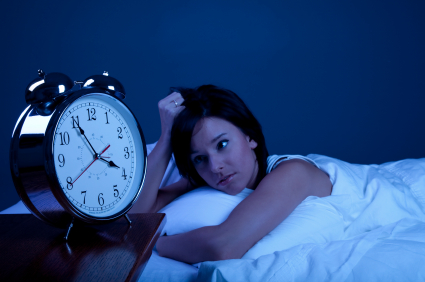
Can't sleep at night? Include vitamin rich foods in your diet
Adding these vitamin rich foods to your diet helps increase your chances of a good night sleep.
A lot of people have problems falling asleep. Some can’t stay asleep. Then followed by the people with difficulty switching life off and confine in bed at a reasonable time.
Whatever the reason, you're not alone. More than 55 million Americans don’t get a sufficient amount of sleep. However the positive effects of a good night’s sleep are many: sleep helps make you feel happy, your mind sharp, your natural immunity strong, your midsection toned, your skin looking youthful and helps reduce your risk of hypertension and heart problems.
Fish - Most fish primarily cod, trout, salmon, halibut and tuna are rich in vitamin B6, needed for the production melatonin (a sleep-inducing hormone triggered by darkness).
Tart Cherry Juice - In a short study, melatonin-rich tart cherry extract was proven to aid sleep. After consuming tart cherry juice twice daily adults with insomnia experienced some reduction in the severity of their insomnia.
Yogurt - Dairy products like yogurt and milk contain healthful doses of calcium and study suggest that being calcium-deficient can result to sleep difficulties.
Whole Grains are rich in magnesium - Bran, rice bran, oats and other whole grains are rich in magnesium. Consuming foods rich in magnesium will keep you stay asleep for a good amount of time, waking up in the morning completely rested.
Kale - Dairy products are widely known calcium-rich foods. Better include green leafy veggies, like kale and collards, both have healthy quantity of calcium. Research suggests that being calcium-deficient contribute to troublesome sleep.
Almonds -Rich in magnesium, which enhances your sleep and relax the muscles. And they have extra advantage by providing proteins which helps sustain a stable blood sugar level while you sleep, and help promote sleep by shifting you from your awake-mode to your rest-and-digest mode. Try to consume a handful of this bedtime snack: Eat 1/4 cup of almonds to help your body relax.
Bananas - Widely known for being abundant in potassium, can be a good way to get Vitamin B6, which is needed to produce melatonin.
Chickpeas - Rich in vitamin B6 that contributes to the production of melatonin.
Fortified Cereals - Fortified cereals are full of vitamin B6, required to release melatonin hormones that helps induce sleep.
Decaf Green Tea - Certainly, avoiding all caffeinated drinks at night is important, but some decaf tea can help give you that sleep you need. Chamomile tea is definitely beneficial and excellent natural sleep support, including that green tea in your healthy diet is a wise decision. Green tea contains theanine, that helps promote sleep. Just remember to get a decaf green tea if drink it at bedtime. Experts suggest trying a 1-cup serving of this sleep-inducing drink.
